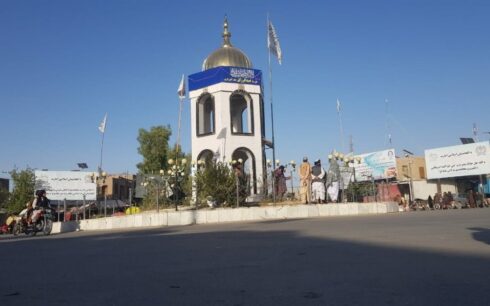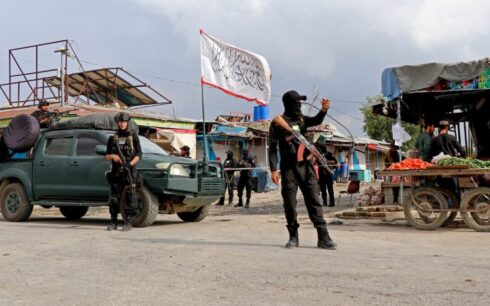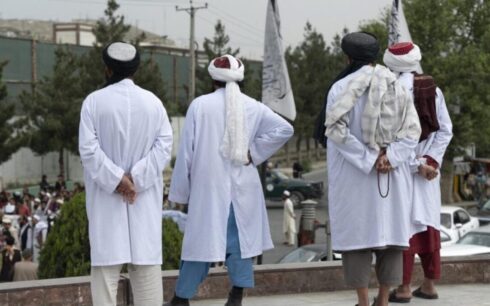Several current and former Australian military commanders have been stripped of medals in response to allegations of war crimes committed during the Afghanistan war, Defense Minister Richard Marles announced Thursday.
The decision follows recommendations from Maj. Gen. Paul Brereton’s investigation into misconduct by Australian special forces between 2005 and 2016. Brereton’s report found that around 25 soldiers from the Special Air Service Regiment and Commando Regiment were involved in the unlawful killings of 39 Afghans.
“The allegations in the Brereton Report are arguably the most serious accusations of Australian war crimes in our history,” Marles told Parliament.
Marles confirmed that he had contacted commanders about the medals they received for service during the period when the alleged war crimes took place. He did not specify how many commanders were contacted or reveal their ranks, citing privacy concerns.
The decision to revoke the medals was met with sharp criticism from Martin Hamilton-Smith, chair of the Australian Special Air Service Association, who described the move as a betrayal of the soldiers’ service in Afghanistan.
“The government’s decision disregards the courageous leadership of these young officers, based on unproven allegations that an unlawful act might have occurred in a remote village, unnoticed by their commanders,” Hamilton-Smith said in a statement.
Marles later clarified that the removal of medals was not an accusation of personal wrongdoing by the officers involved.
“No one is suggesting these commanders knew what happened, were aware of it, or failed to act—that’s not the issue,” Marles told reporters. “But when you command a unit, you share in both its successes and its failures. The question is, had we known what occurred, would the medals have been awarded?”
Opposition lawmaker Andrew Hastie, who served as an SAS captain in Afghanistan in 2013, argued that political leaders and senior military officials should also be held accountable for the alleged war crimes.
“Our troops were let down by a lack of moral courage that went all the way up the chain of command to Canberra, including in this House,” Hastie said, referring to the House of Representatives.
Hastie, who was not among those stripped of medals, emphasized that responsibility for war crimes rests solely with those who committed them. “Those alleged to have shed innocent blood are alone responsible for that. But commanders who reviewed mission reports with kill counts and images of dead individuals had a duty to ask questions,” he added.
No Australian veteran has been convicted of a war crime in Afghanistan. However, David McBride, a whistleblower and former army lawyer, was sentenced to nearly six years in prison in May for leaking classified information that exposed allegations of Australian war crimes.
In 2023, former SAS trooper Oliver Schulz became the first Australian veteran to be charged with a war crime. He is accused of killing a noncombatant in Uruzgan province in 2012.
Additionally, last year a civil court found that Ben Roberts-Smith, Australia’s most decorated living war veteran, had likely unlawfully killed four Afghans while serving as an SAS corporal. Roberts-Smith has not been criminally charged.





